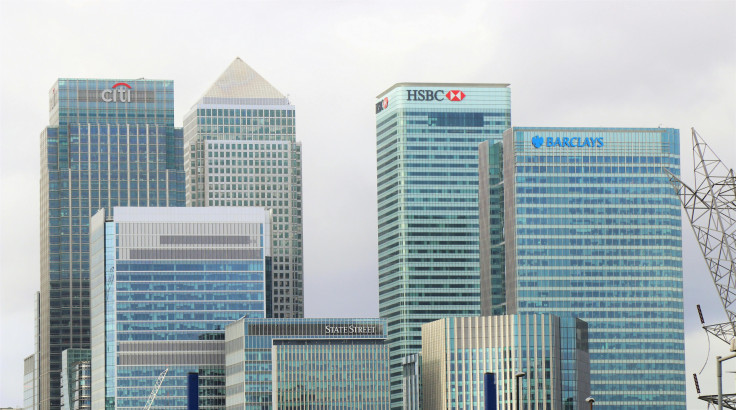Reeves Warns of Hard Choices Ahead — Tax Hikes Back on the Table
Reeves warns of hard choices as Treasury faces £30bn gap—tax hikes and cuts now firmly on the table

Chancellor Rachel Reeves has confirmed she is 'looking at tax and spending' as she prepares the Autumn Budget, a marked hardening of tone that reflects a projected multi-billion-pound gap in the public finances and fresh warnings from global watchdogs about UK inflation and debt.
Reeves Confronts £30bn Budget Shortfall
In her first major interview since receiving the Office for Budget Responsibility's (OBR) draft report, Chancellor Rachel Reeves acknowledged that tough budget decisions lie ahead.
Speaking to Sky News, Reeves said: 'Of course, we're looking at tax and spending as well, but the numbers will always add up with me as chancellor,' signalling a departure from Labour's earlier stance that focused solely on growth without tax increases.
The OBR report, presented to Reeves on 3 October, revealed a projected £30 billion shortfall in public finances.
The gap is attributed to a downgrade in productivity forecasts, the reversal of welfare reforms, and the scrapping of planned cuts to winter fuel payments. This fiscal black hole has forced the Treasury to reconsider its previous commitment not to raise taxes on working people.
Labour's Tax Pledge Under Pressure
During the general election campaign and Labour's party conference, Reeves had repeatedly pledged not to increase VAT, income tax, or national insurance.
However, the Chancellor now appears to be reviewing 'tax and spending' measures more broadly, suggesting that technical or indirect tax adjustments may be on the cards.
Independent analysts have speculated that Reeves may target pension-related tax reliefs, salary sacrifice schemes, or capital gains thresholds—areas that allow for revenue generation without breaching headline promises.
Daniela Silcock, a pensions researcher, told FT Adviser: 'These would allow the chancellor to raise money efficiently without breaking headline promises.'
Economic Headwinds and Political Fallout

The UK economy continues to face headwinds from Brexit, global inflation, and the lingering effects of Liz Truss's mini-budget.
Reeves has described the situation as 'severe and long-lasting,' noting that the government must act decisively to restore fiscal credibility.
The International Monetary Fund (IMF) has forecast that UK inflation will be the highest in the G7 in both 2025 and 2026, despite raising its growth outlook for the current year.
This paradox has complicated the Chancellor's options, as rising prices erode household incomes while limiting the scope for expansive public spending.
Austerity Redux or Strategic Restraint?
Reeves has insisted that she will not relax her fiscal rules, which require the government's day-to-day spending to be balanced by 2029–30.
However, critics warn that the combination of tax rises and spending cuts could resemble a return to austerity.
The chancellor's remarks have sparked fears that the UK economy could enter a fiscal 'doom loop', with annual tax hikes becoming a recurring feature of budget planning.
Cabinet ministers have reportedly expressed unease about the prospect of further spending cuts, particularly in areas like education, health, and local government.
Reeves has yet to confirm which departments may face reductions, but has promised that every pound will be spent wisely.
What to Expect in the Autumn Statement
The Autumn Budget, scheduled for 26 November, is expected to outline a mix of targeted tax measures and restrained public spending.
While Labour is unlikely to break its core tax pledges outright, the Chancellor may introduce reforms that affect higher earners, corporate loopholes, and non-dom status.
Reeves has also hinted at long-term structural reforms aimed at boosting productivity and investment. However, with the fiscal gap looming large, immediate revenue generation remains the priority.
© Copyright IBTimes 2025. All rights reserved.




















